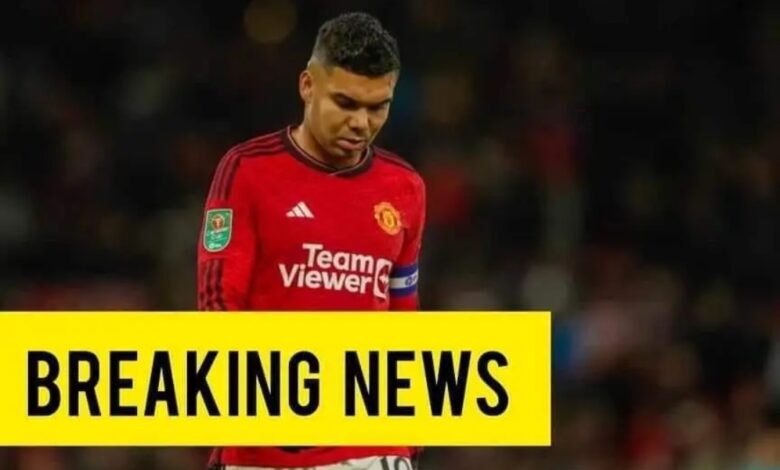Mick Brown, a former key figure at Manchester United during its successful era, has shed light on the financial struggles the club is currently facing. Speaking to Football Insider, Brown revealed that Manchester United would have violated profit and sustainability regulations if not for the sale of certain players. This financial pressure represents an unprecedented challenge for the club, compelling them to sell players before making significant acquisitions.
Historically recognized for their financial strength, United found themselves in a unique situation during the 2024 transfer window. For the first time, the club had to offload players to generate funds for new signings, a stark departure from past seasons when they could spend freely without relying on player sales. One notable departure that helped ease this financial burden was Scott McTominay, who was sold to Napoli, allowing United to pursue additional transfer targets.
McTominay, a product of United’s youth system and a player with over 250 first-team appearances, was transferred to Napoli for £25.7 million on the final day of the summer transfer window.
This sale was critical for United’s ability to bring in Manuel Ugarte, a midfielder highly sought after by various clubs. Brown indicated that without the funds from McTominay’s sale, the club would not have been able to afford Ugarte due to the stringent profit and sustainability regulations in place.
Interestingly, Brown noted that McTominay had been on manager Erik ten Hag’s list of players to sell for quite some time. In 2023, Ten Hag attempted to offload McTominay along with Aaron Wan-Bissaka and Harry Maguire to Premier League teams, including West Ham. However, despite these efforts, McTominay remained at United until his eventual move to Italy.
Since joining Serie A, McTominay’s performances have surprised many United fans, leading to questions about the wisdom of the club’s decision to sell him, especially given their current struggles in midfield. A highlights reel showcasing McTominay’s games in Italy has ignited discussions among supporters, who are now questioning whether the club made a mistake by allowing him to leave.
Brown, who remains closely connected to the club’s internal affairs, expressed confusion over the decision to sell McTominay. He questioned why United seemed eager to part with a player of his caliber, especially when the team is currently lacking depth in midfield. “They wanted him gone for a long time,” Brown told Football Insider, reiterating that United had actively sought to sell him, Wan-Bissaka, and Maguire to raise funds.
Ultimately, financial constraints compelled United to make difficult decisions. “They didn’t have the funds to spend significantly on new signings, particularly with the profit and sustainability rules in effect,” Brown explained.
McTominay’s sale was essential to free up resources for Ugarte; without it, the club would have faced regulatory breaches. This marked a striking change for a club that had previously operated without such financial limitations.
Brown expressed his frustration with the club’s strategy, particularly Ten Hag’s choice to let McTominay go. “I don’t understand it,” he remarked. “He always puts in 100%, no matter the situation, and he’s consistently reliable. It’s baffling why United couldn’t recognize his value, especially when compared to some other midfielders.”
McTominay’s departure reflects a significant shift in Manchester United’s approach to transfers and financial management. A club once known for its lavish spending is now forced to adopt a more cautious financial strategy. While they successfully signed Ugarte, questions linger about whether selling a proven, homegrown talent like McTominay was a wise decision.
As McTominay continues to excel in Italy, Manchester United fans and analysts will be closely monitoring his progress, pondering whether the club made an error in allowing him to leave, particularly in light of their ongoing midfield issues.
His departure, coupled with United’s financial challenges, highlights a pivotal moment for the club as it navigates the complexities of modern football economics while striving to meet its competitive aspirations.
